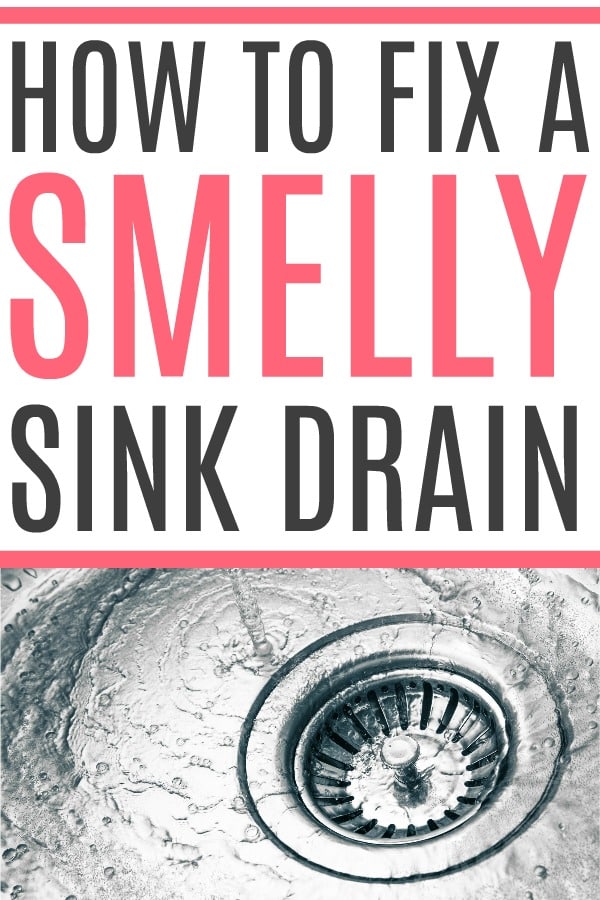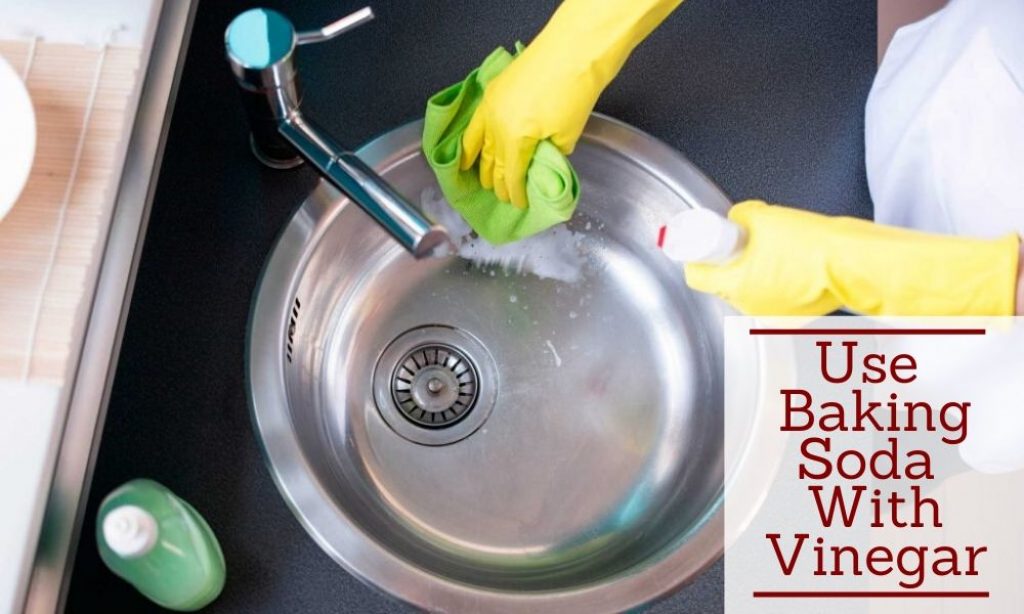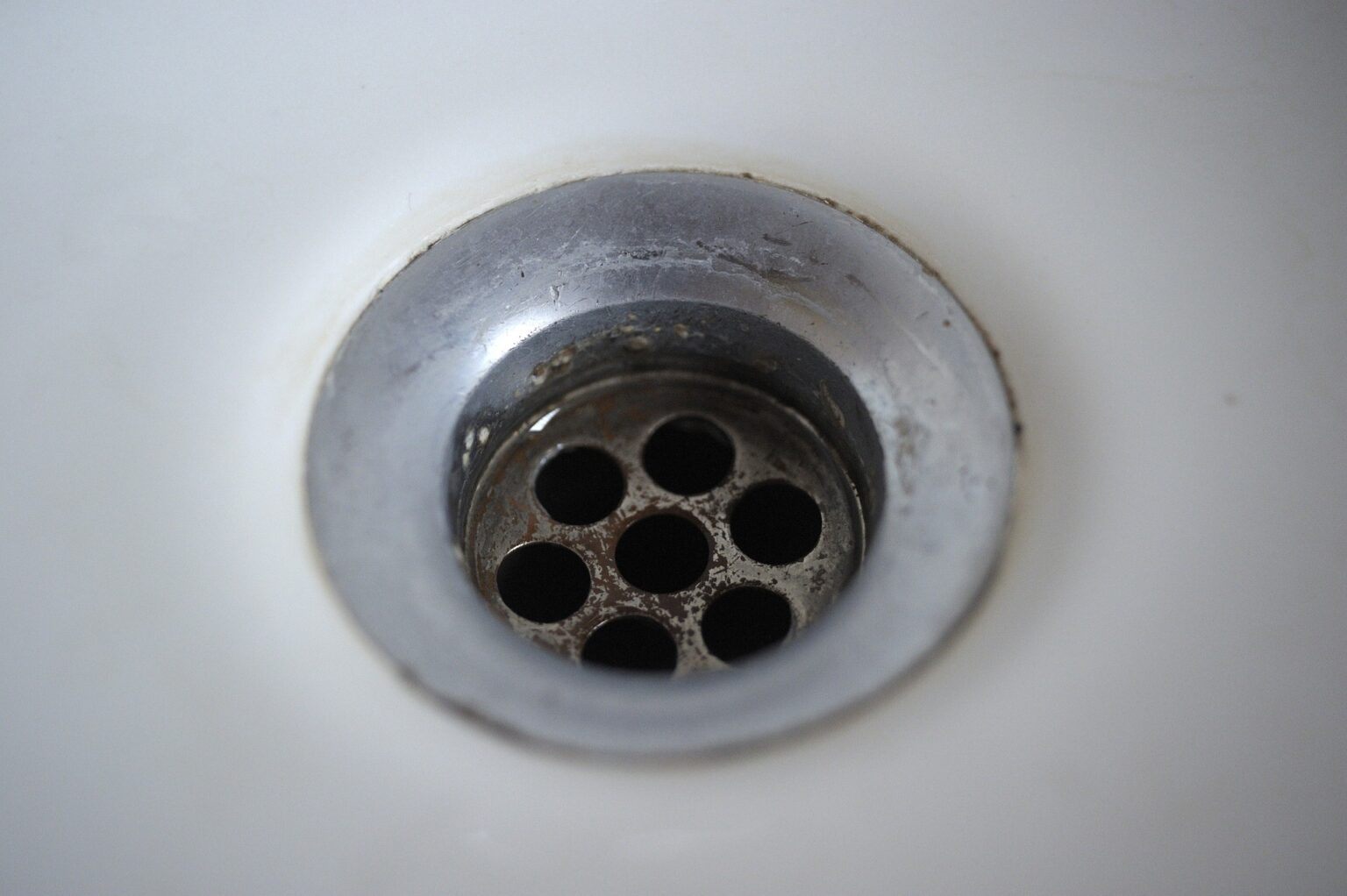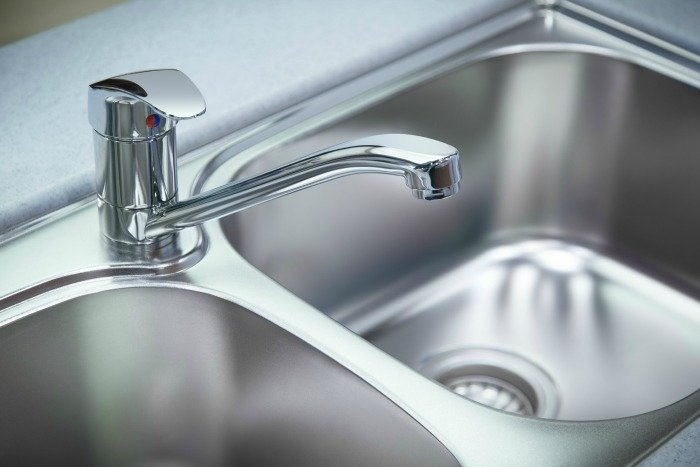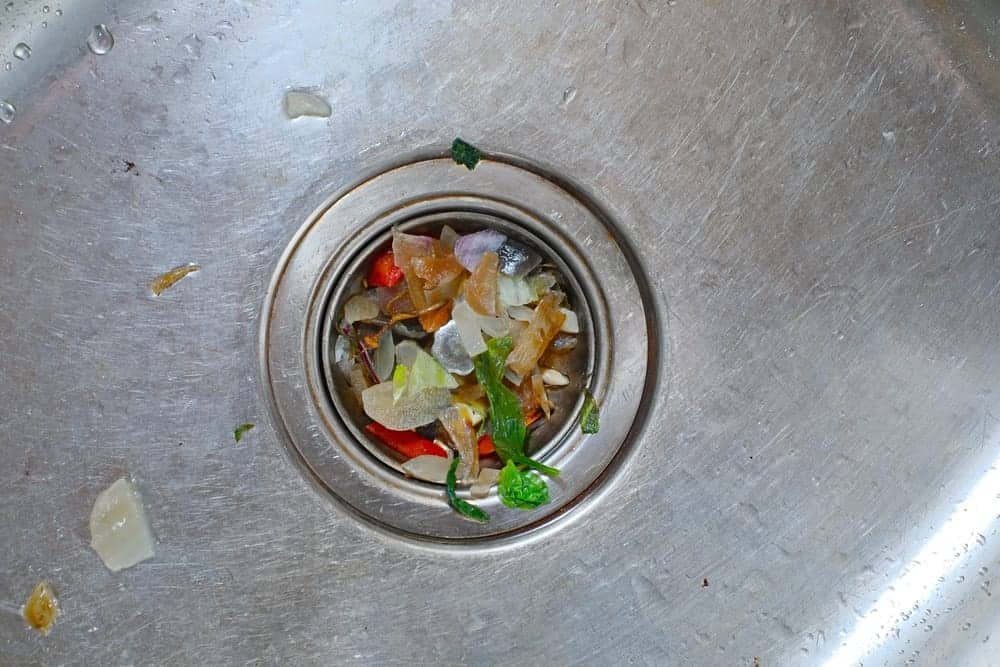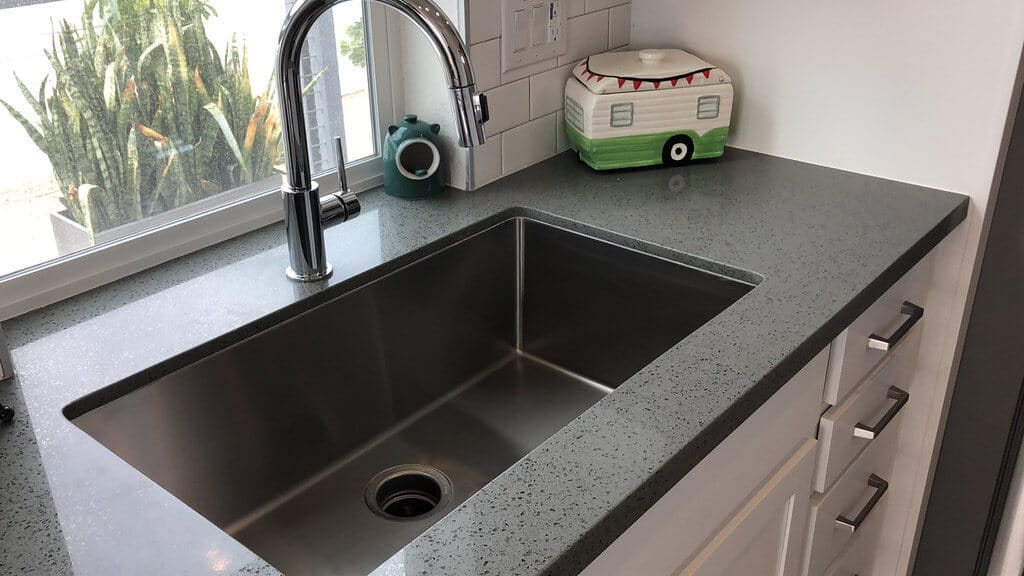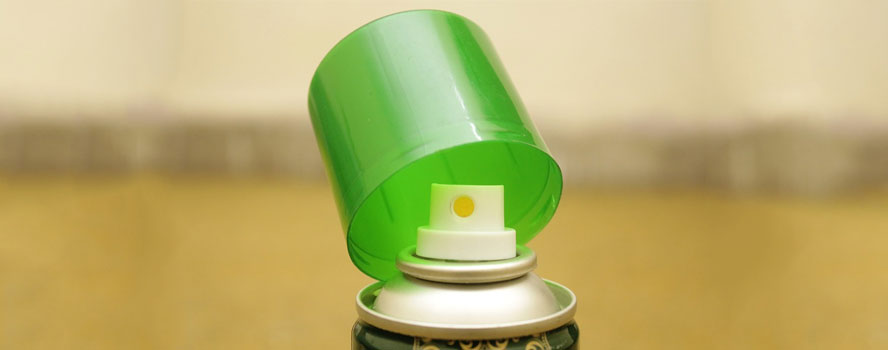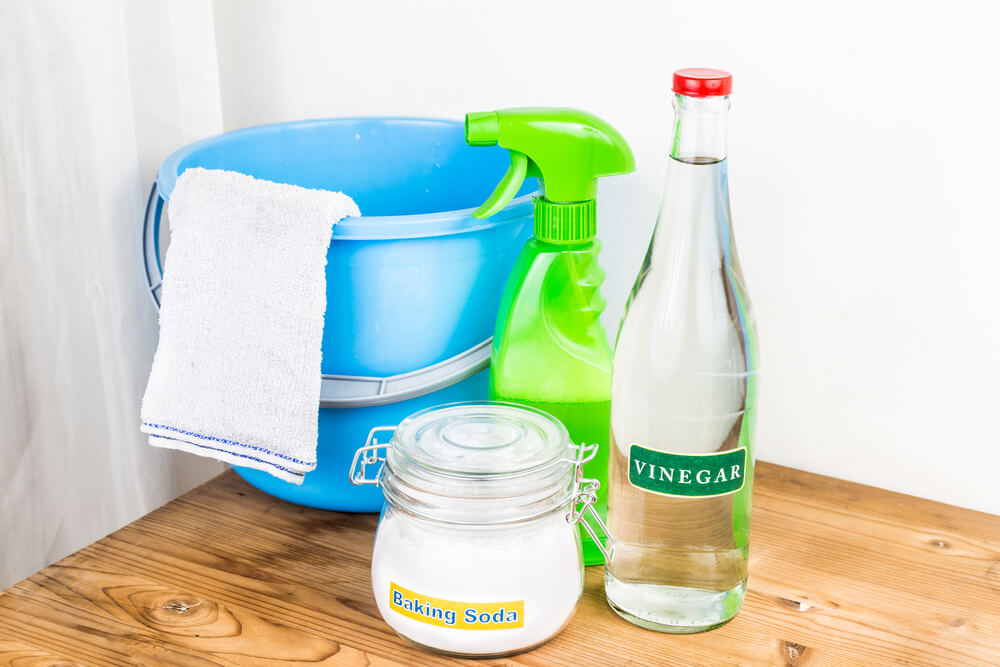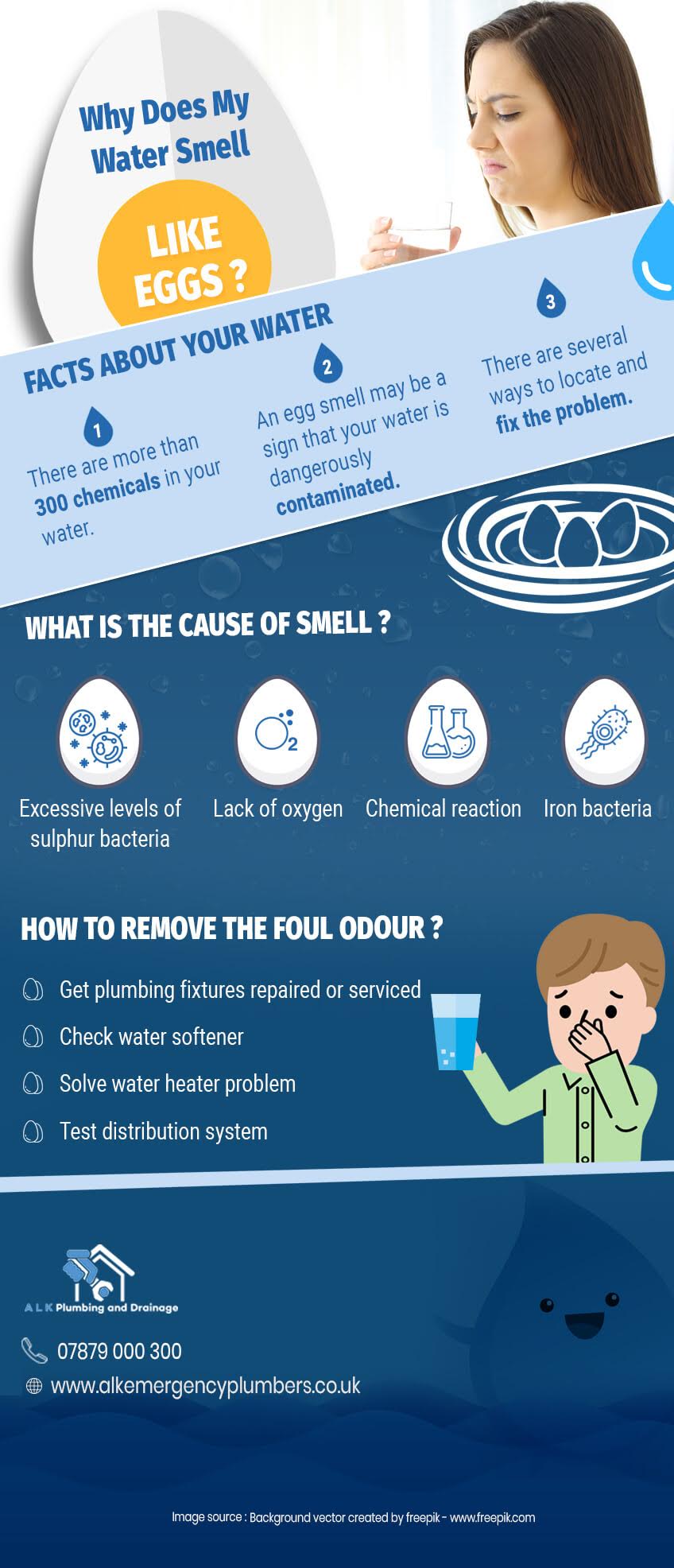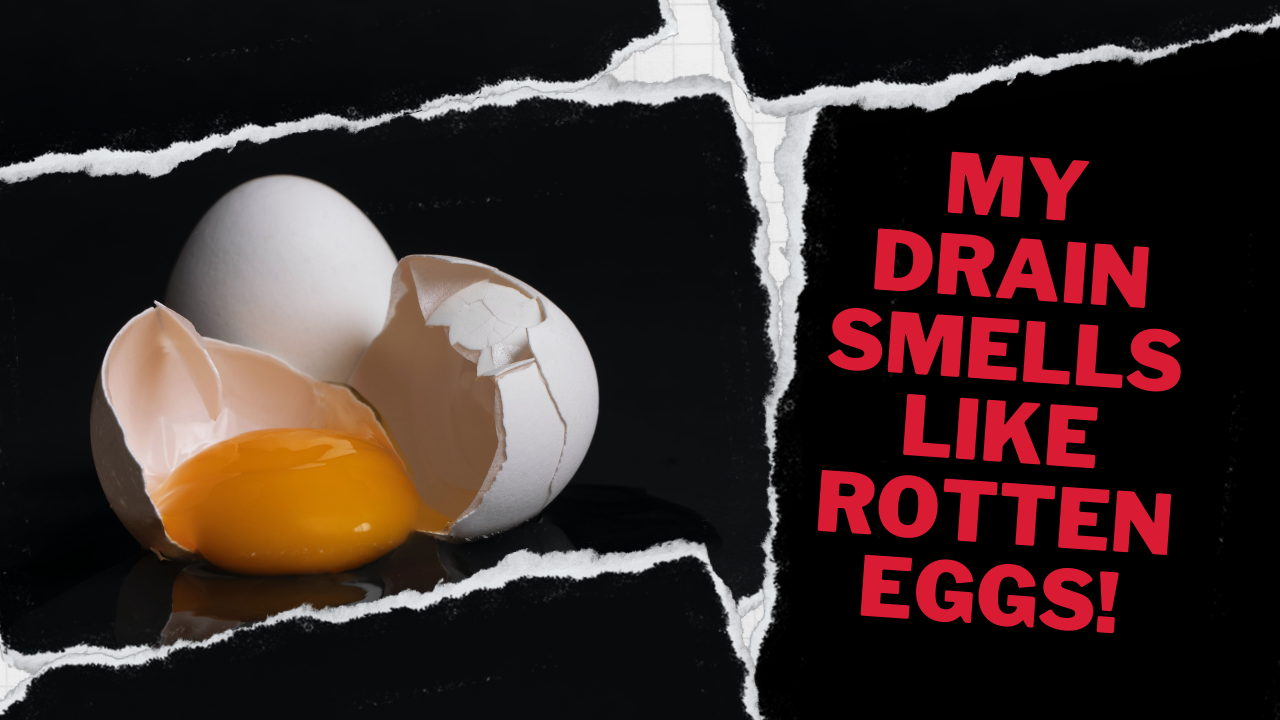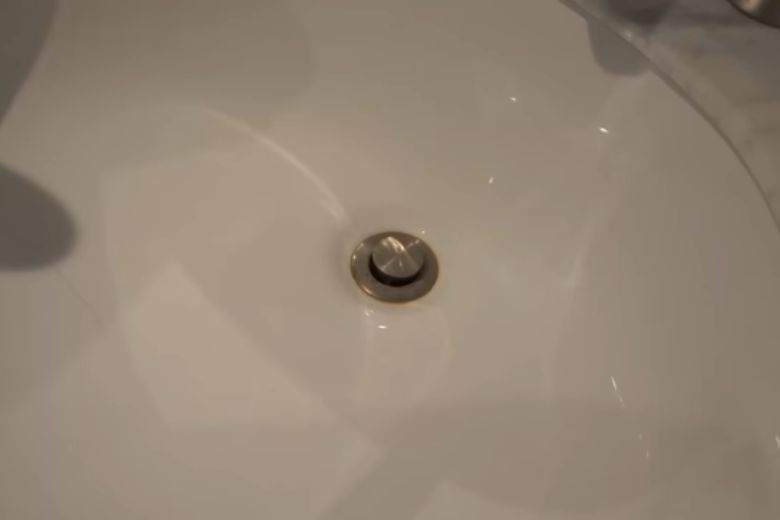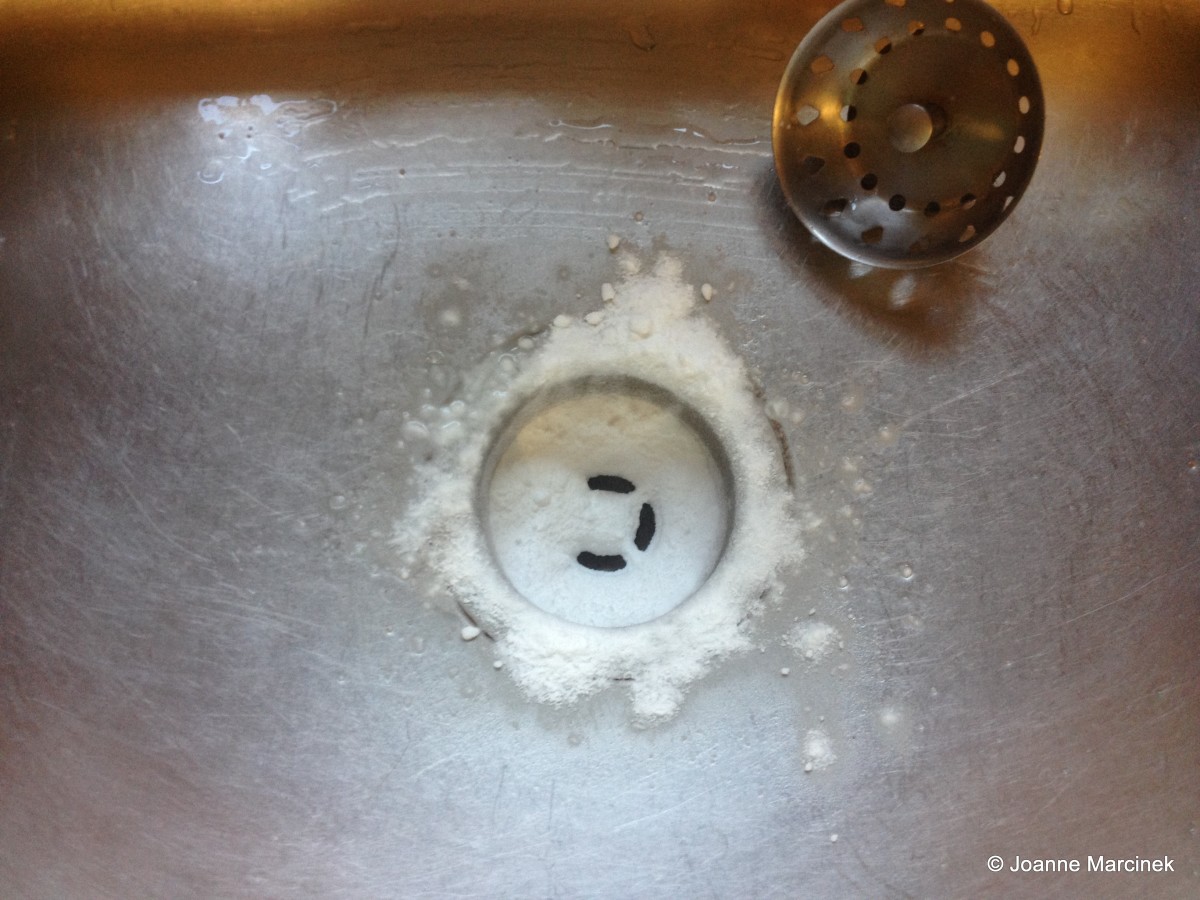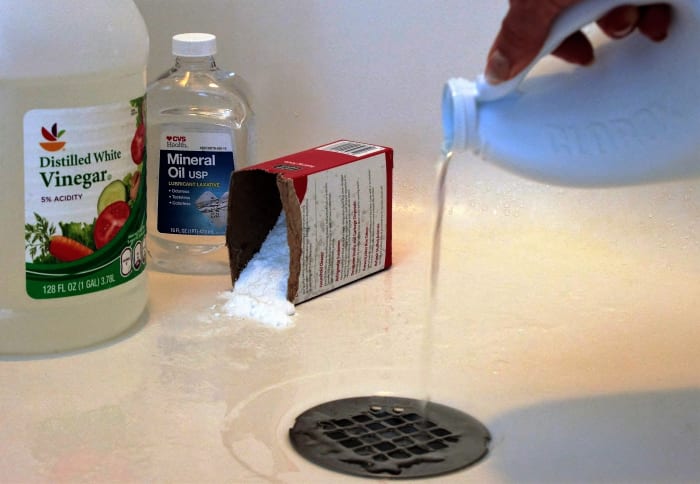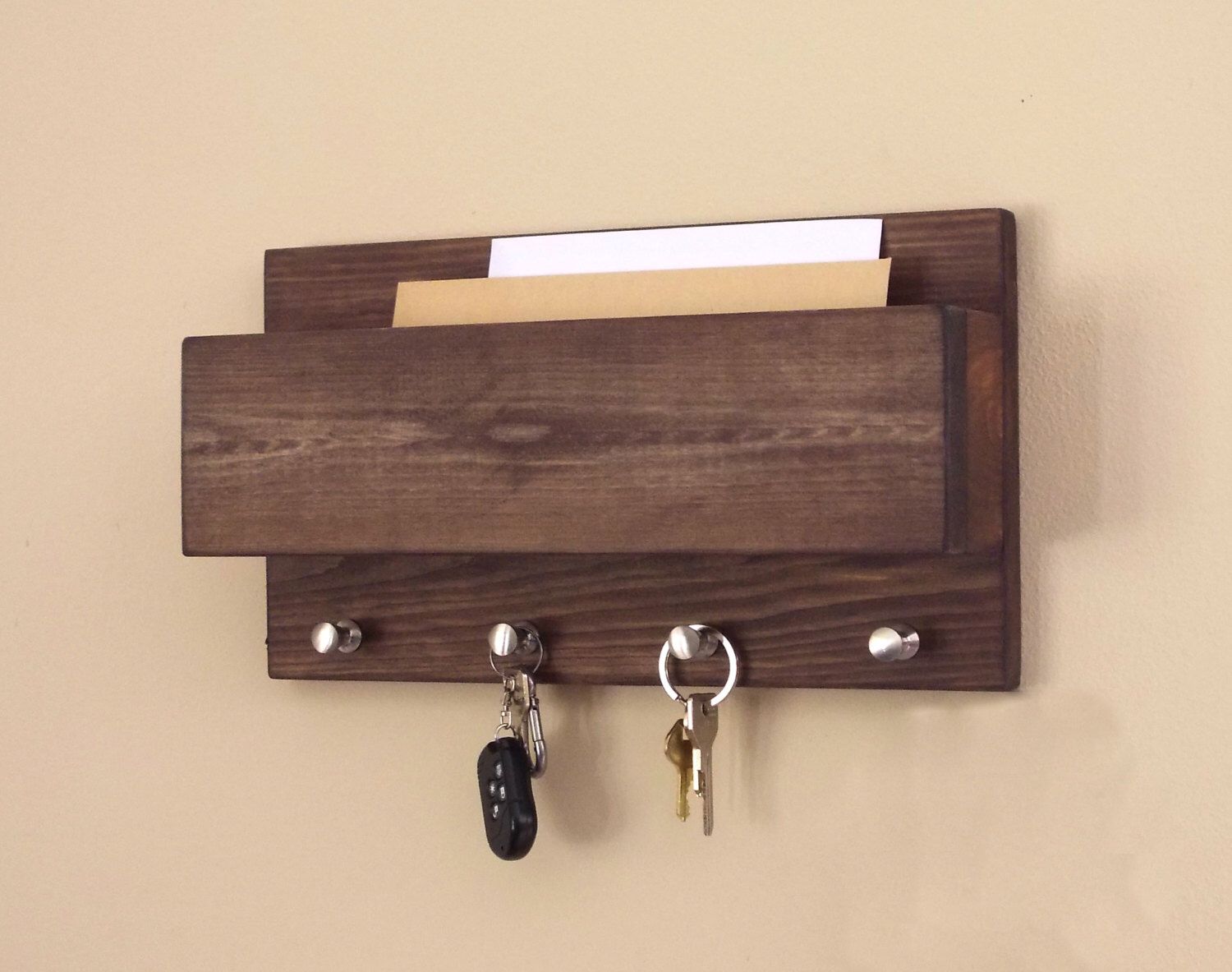Why Does My Kitchen Sink Smell Like Sewer Gas? | How to Fix It
If you've noticed a foul odor coming from your kitchen sink, you're not alone. Many homeowners experience the unpleasant smell of sewer gas emanating from their kitchen sink drains. This not only makes cooking and cleaning a less enjoyable experience, but it can also be a sign of a bigger problem. In this article, we'll discuss the common causes of sewer smell in kitchen sinks and how to get rid of it for good.
How to Get Rid of Sewer Smell in Your Kitchen Sink
The first step in eliminating the sewer odor in your kitchen sink is to determine the source. There are a few different reasons why your sink may be emitting a sewer smell, so it's important to troubleshoot and identify the root cause before attempting to fix it.
One common culprit is a dry trap. The trap is a U-shaped pipe that prevents sewer gases from entering your home. If the trap dries out, it can no longer block the gases, resulting in a foul smell. To fix this, simply run water down the drain to refill the trap and create a seal.
If the trap is not the issue, the smell may be coming from a clogged drain. A buildup of food debris, grease, and other substances can cause a blockage in your drain, leading to a backup of sewer gas. In this case, using a plunger or drain cleaner can help clear the clog and eliminate the smell.
5 Common Causes of Sewer Smell in Your Kitchen Sink
As mentioned, a dry trap and clogged drain are two common causes of sewer smell in kitchen sinks. However, there are a few other potential culprits to be aware of:
1. Damaged Vent Pipe: The vent pipe is responsible for releasing sewer gases from your plumbing system to the outside. If this pipe is damaged or blocked, it can cause the gases to back up into your home. A professional plumber can inspect and repair the vent pipe if needed.
2. Broken Sewer Line: A broken sewer line can also cause a backup of sewer gas into your kitchen sink. This is a more serious issue and will require the help of a plumber to fix.
3. Dry P-Trap: Similar to the trap under your sink, there is also a P-trap in your main sewer line. If this dries out, it can allow sewer gas to enter your home. Pouring water into your floor drain can help refill the P-trap and eliminate the smell.
4. Improperly Installed Sink: If your kitchen sink was not installed correctly, it may not have a proper trap to block sewer gases. This can be fixed by a plumber or by installing a new trap yourself.
5. Sewer Backup: In rare cases, a sewer backup can cause a foul odor in your kitchen sink. If you suspect this is the case, contact a plumber immediately.
How to Clean a Smelly Kitchen Sink Drain
If your kitchen sink still smells after trying the above solutions, it may be time for a deep clean. Begin by pouring boiling water down the drain to help loosen and dissolve any buildup. Then, sprinkle baking soda down the drain and follow it with vinegar. The mixture will create a foaming reaction that can help break down any remaining debris. Let it sit for 15 minutes before pouring more hot water down the drain to flush it out.
If the smell persists, you can also try using a plumbing snake or drain brush to physically remove any stubborn buildup. Remember to always wear gloves and follow the instructions on any cleaning products used.
What to Do When Your Kitchen Sink Smells Like Sewer Gas
If you've tried all of the above solutions and your kitchen sink still smells like sewer gas, it's time to call in a professional plumber. They will be able to accurately diagnose the issue and provide a long-term solution. Additionally, they can ensure that there are no underlying problems with your plumbing system that may be causing the smell.
How to Eliminate Sewer Odor from Your Kitchen Sink
Prevention is key when it comes to eliminating sewer odor from your kitchen sink. Regularly cleaning and maintaining your sink and drains can help prevent buildup and clogs that can lead to the unpleasant smell. Here are a few additional tips to keep your kitchen smelling fresh:
- Avoid pouring grease and other fats down the drain.
- Run hot water down the drain after each use to help prevent buildup.
- Use a drain strainer to catch food debris and prevent it from going down the drain.
- Consider installing a water filter to remove impurities and odors from your tap water.
Why Does My Kitchen Sink Smell Like Rotten Eggs?
If the smell coming from your kitchen sink resembles that of rotten eggs, it may be due to sulfur in your water. This is a common issue in areas with high sulfur levels in the water supply. Installing a water filter or using a water softener can help eliminate the sulfur smell.
How to Prevent Sewer Gas Smell in Your Kitchen Sink
Prevention is always better than a cure. To prevent sewer gas smell in your kitchen sink, be sure to keep your drains clean and clear, and regularly check for any signs of damage or clogs. Additionally, consider scheduling regular plumbing inspections to catch and fix any potential issues before they become bigger problems.
DIY Solutions for a Smelly Kitchen Sink
If you prefer to take a DIY approach, there are a few natural solutions for eliminating sewer odor from your kitchen sink. These include:
- Essential oils: Adding a few drops of essential oils, such as lemon or eucalyptus, to your sink can help mask any unpleasant odors.
- Baking soda and vinegar: As mentioned earlier, a mixture of baking soda and vinegar can help break down buildup and eliminate odor.
- Citrus peels: Placing citrus peels in your garbage disposal can help freshen the smell.
How to Troubleshoot and Fix a Smelly Kitchen Sink
In summary, there are several potential causes for a sewer smell in your kitchen sink, but most can be easily fixed with a bit of troubleshooting. By identifying and addressing the root cause, and following some preventative measures, you can eliminate the unpleasant odor and enjoy a fresh-smelling kitchen once again.
Kitchen Sink Smells Like Sewer Gas: Causes and Solutions
Introduction
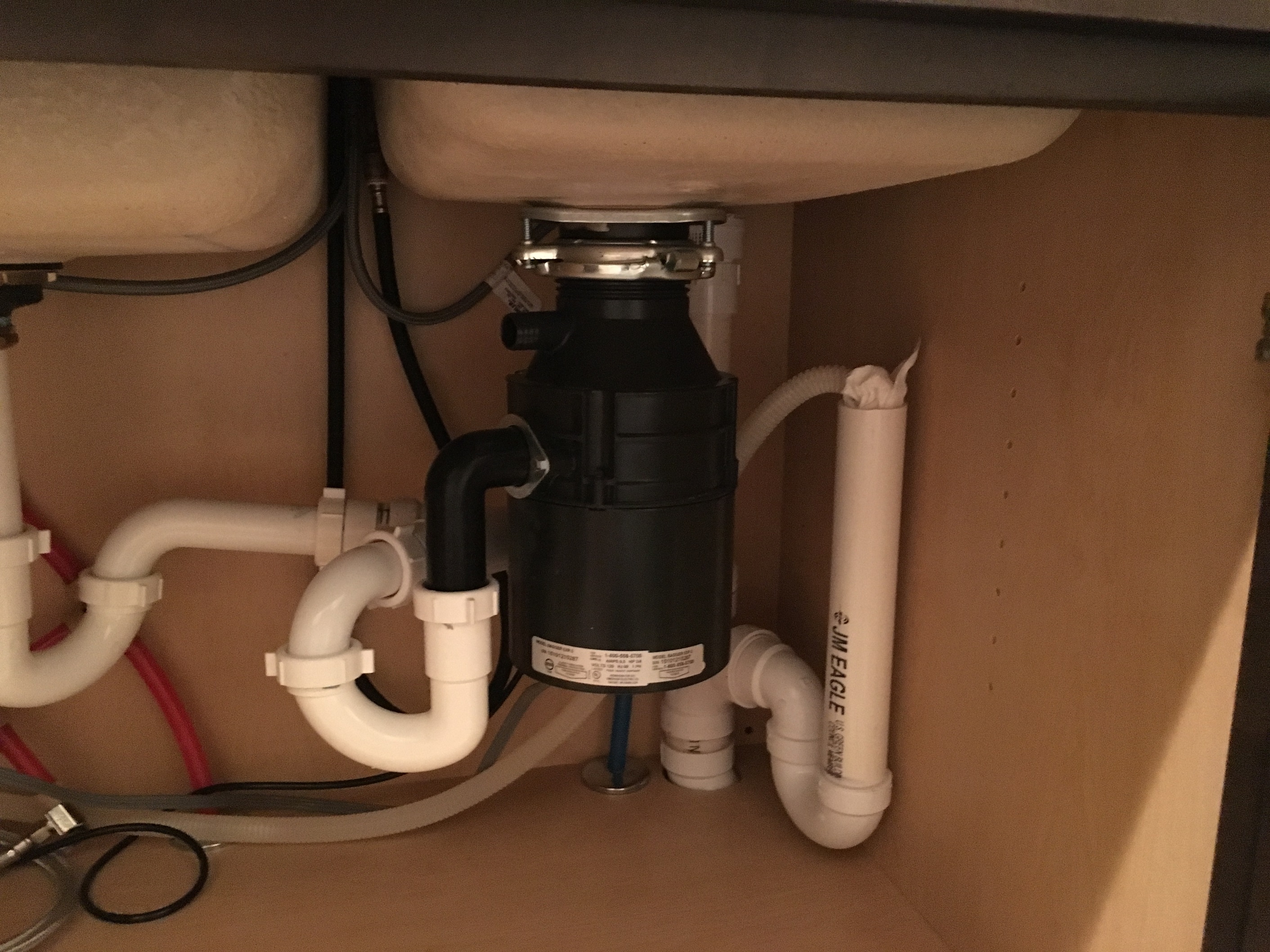 A kitchen is not only a place where food is prepared, but it is also the heart of a home. It is where families gather for meals, create memories, and share stories. However, if your kitchen sink starts to emit a sewer gas smell, it can quickly become a source of frustration and embarrassment. Not only is it unpleasant, but it can also be a health hazard. In this article, we will discuss the causes of a kitchen sink smelling like sewer gas and provide some solutions to eliminate the problem.
A kitchen is not only a place where food is prepared, but it is also the heart of a home. It is where families gather for meals, create memories, and share stories. However, if your kitchen sink starts to emit a sewer gas smell, it can quickly become a source of frustration and embarrassment. Not only is it unpleasant, but it can also be a health hazard. In this article, we will discuss the causes of a kitchen sink smelling like sewer gas and provide some solutions to eliminate the problem.
Main Causes of a Sewer Gas Smell in the Kitchen Sink
 There are several possible reasons why your kitchen sink may smell like sewer gas. One of the most common causes is a dry P-trap. The P-trap is a curved pipe under your sink that is designed to hold a small amount of water, creating a barrier between your home and the sewer system. This water prevents the sewer gas from entering your home. If the sink is not used frequently, the water in the P-trap can evaporate, allowing the sewer gas to escape.
Another reason for a sewer gas smell could be a blocked vent pipe. The vent pipe allows the sewer system to release gases and prevents pressure from building up in the pipes. If this pipe is blocked, the gases may not be able to escape, causing them to back up into your kitchen sink.
There are several possible reasons why your kitchen sink may smell like sewer gas. One of the most common causes is a dry P-trap. The P-trap is a curved pipe under your sink that is designed to hold a small amount of water, creating a barrier between your home and the sewer system. This water prevents the sewer gas from entering your home. If the sink is not used frequently, the water in the P-trap can evaporate, allowing the sewer gas to escape.
Another reason for a sewer gas smell could be a blocked vent pipe. The vent pipe allows the sewer system to release gases and prevents pressure from building up in the pipes. If this pipe is blocked, the gases may not be able to escape, causing them to back up into your kitchen sink.
Solutions to Eliminate the Sewer Gas Smell
 The good news is that there are several simple solutions to eliminate the sewer gas smell in your kitchen sink. The first step is to run water down the drain to refill the P-trap. This should be done regularly, especially if the sink is not used frequently. You can also pour a cup of baking soda and a cup of vinegar down the drain, followed by hot water, to help eliminate any buildup that may be causing the smell.
If the issue persists, it may be necessary to check the vent pipe for any blockages. You can do this by climbing onto the roof and using a plumbing snake or a garden hose to clear the pipe. If you are not comfortable doing this yourself, it is best to hire a professional plumber to ensure the job is done correctly.
The good news is that there are several simple solutions to eliminate the sewer gas smell in your kitchen sink. The first step is to run water down the drain to refill the P-trap. This should be done regularly, especially if the sink is not used frequently. You can also pour a cup of baking soda and a cup of vinegar down the drain, followed by hot water, to help eliminate any buildup that may be causing the smell.
If the issue persists, it may be necessary to check the vent pipe for any blockages. You can do this by climbing onto the roof and using a plumbing snake or a garden hose to clear the pipe. If you are not comfortable doing this yourself, it is best to hire a professional plumber to ensure the job is done correctly.
Conclusion
 A kitchen sink that smells like sewer gas can be a nuisance, but it is not an uncommon problem. By understanding the main causes and implementing simple solutions, you can eliminate the unpleasant smell and enjoy a fresh and clean kitchen once again. Remember to regularly run water down the drain and check the vent pipe for any blockages to prevent the issue from recurring. A little bit of maintenance can go a long way in keeping your kitchen smelling fresh and inviting.
A kitchen sink that smells like sewer gas can be a nuisance, but it is not an uncommon problem. By understanding the main causes and implementing simple solutions, you can eliminate the unpleasant smell and enjoy a fresh and clean kitchen once again. Remember to regularly run water down the drain and check the vent pipe for any blockages to prevent the issue from recurring. A little bit of maintenance can go a long way in keeping your kitchen smelling fresh and inviting.


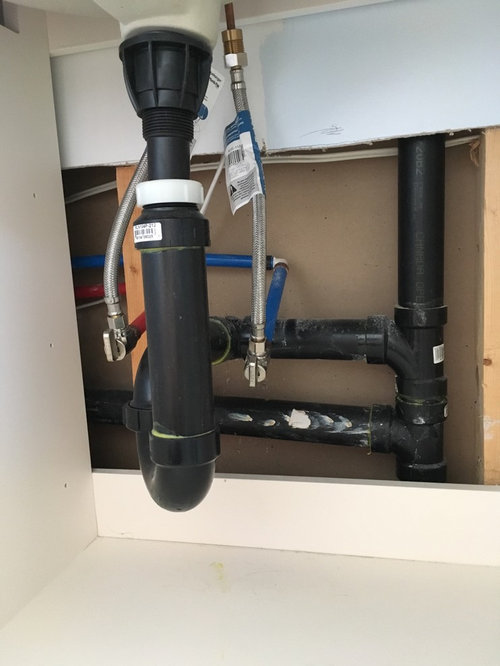
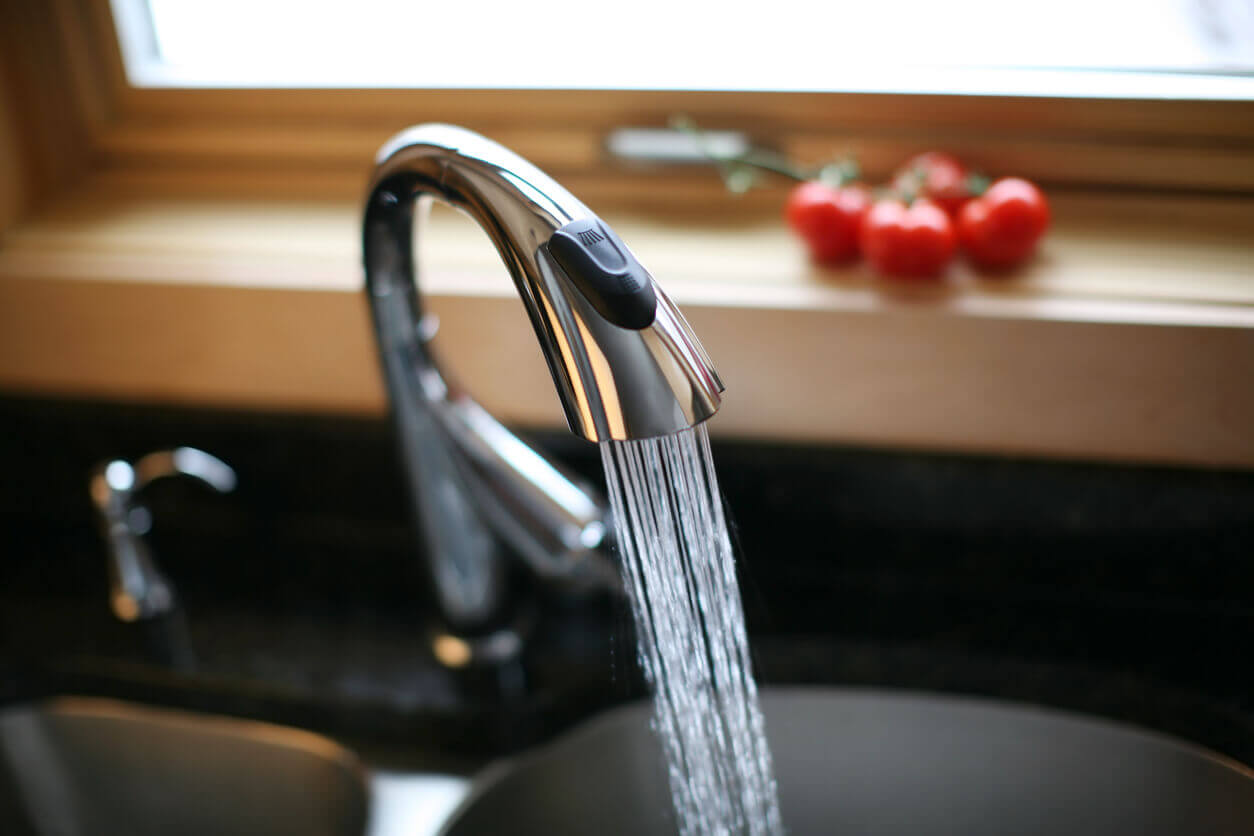
:strip_icc()/how-to-clean-a-kitchen-sink-and-drain-02-5660035-7a630bc36f2c401bbe412bbe85937ff3.jpg?strip=all)
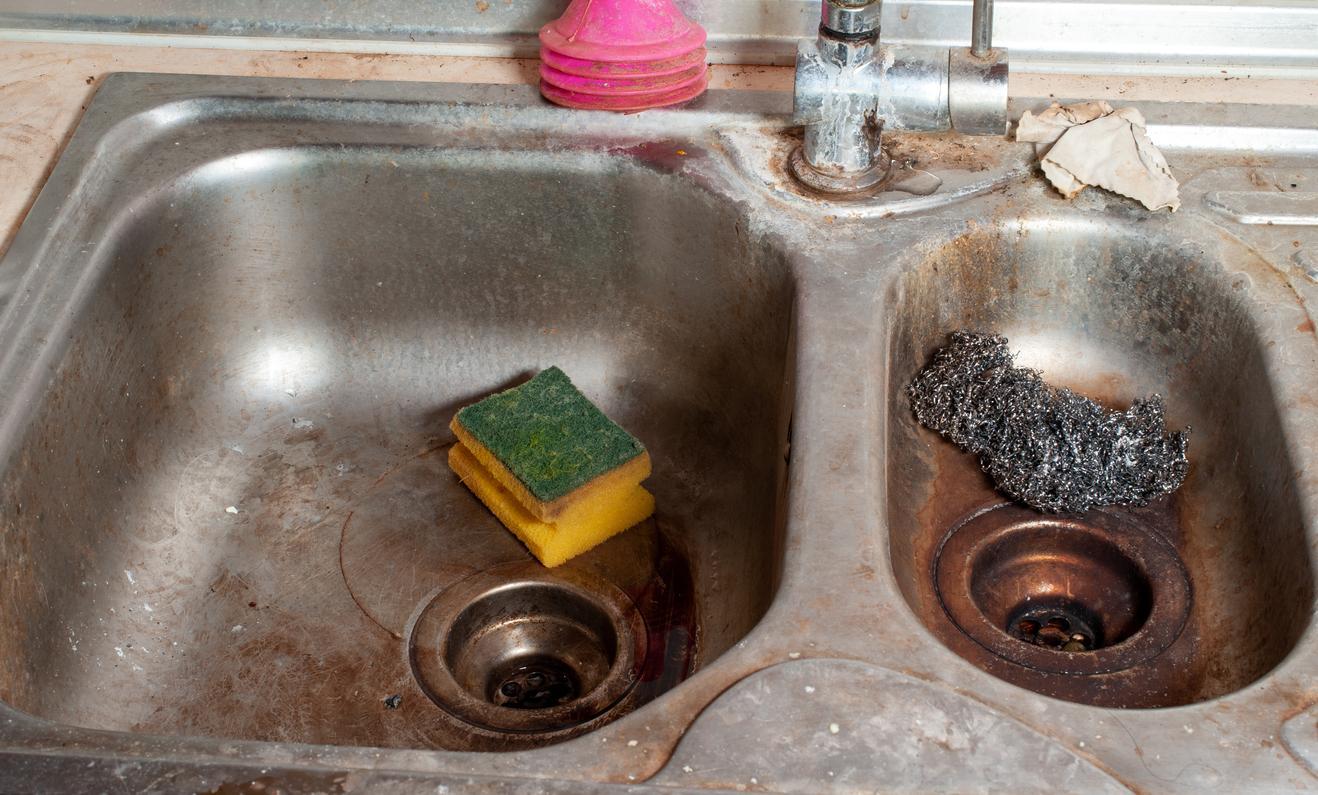

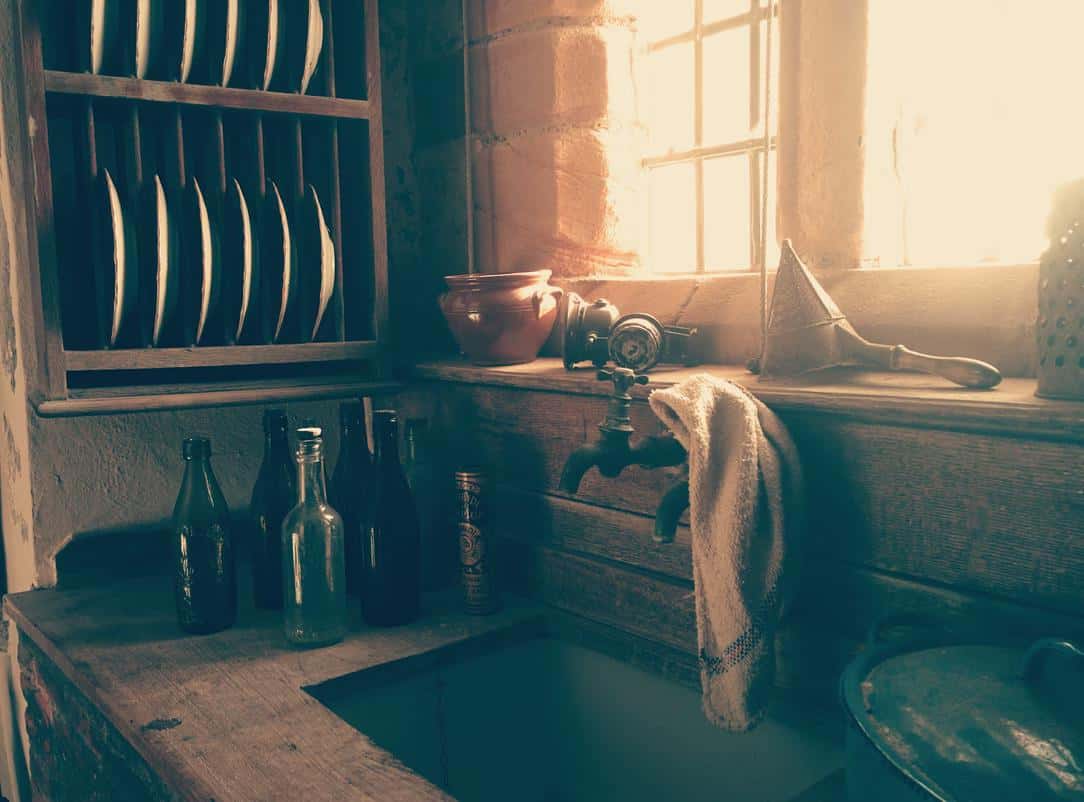
:max_bytes(150000):strip_icc()/why-does-my-kitchen-sink-smell-like-sewage-4707719_01-2030e27351fe4c6c9e1d94145dbbe30a.jpg)
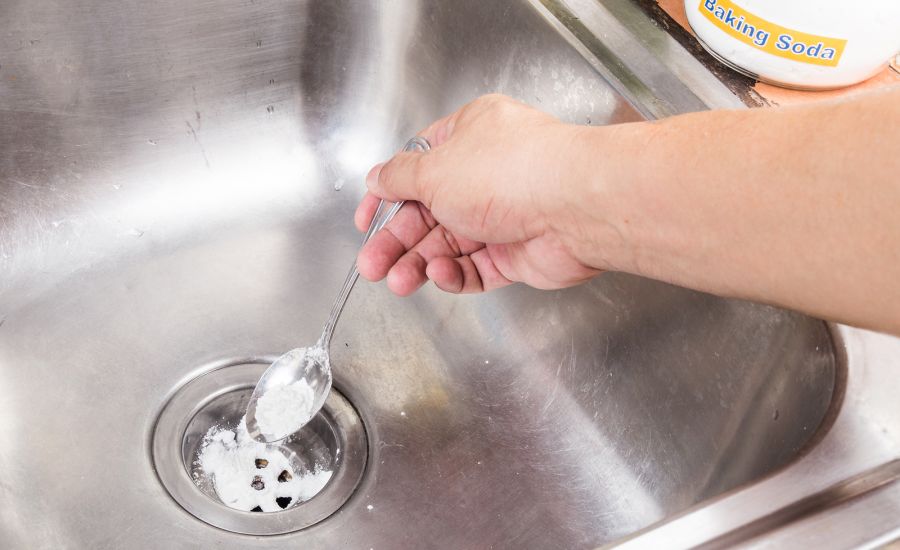
:max_bytes(150000):strip_icc()/why-does-my-kitchen-sink-smell-like-sewage-4707719_07_SewerSmells-4d372c293f71488f885015d929ddcd4f.jpg)






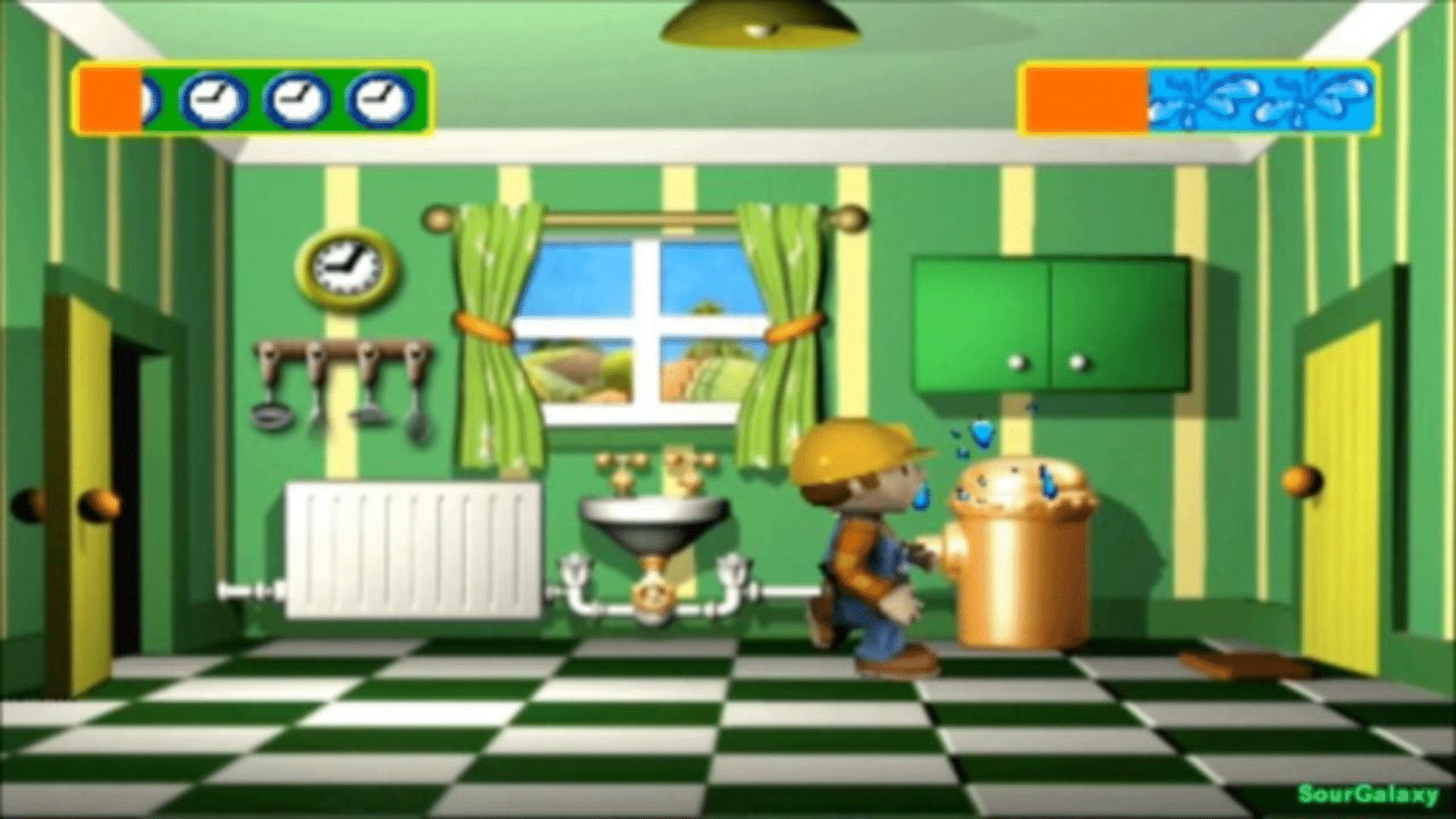





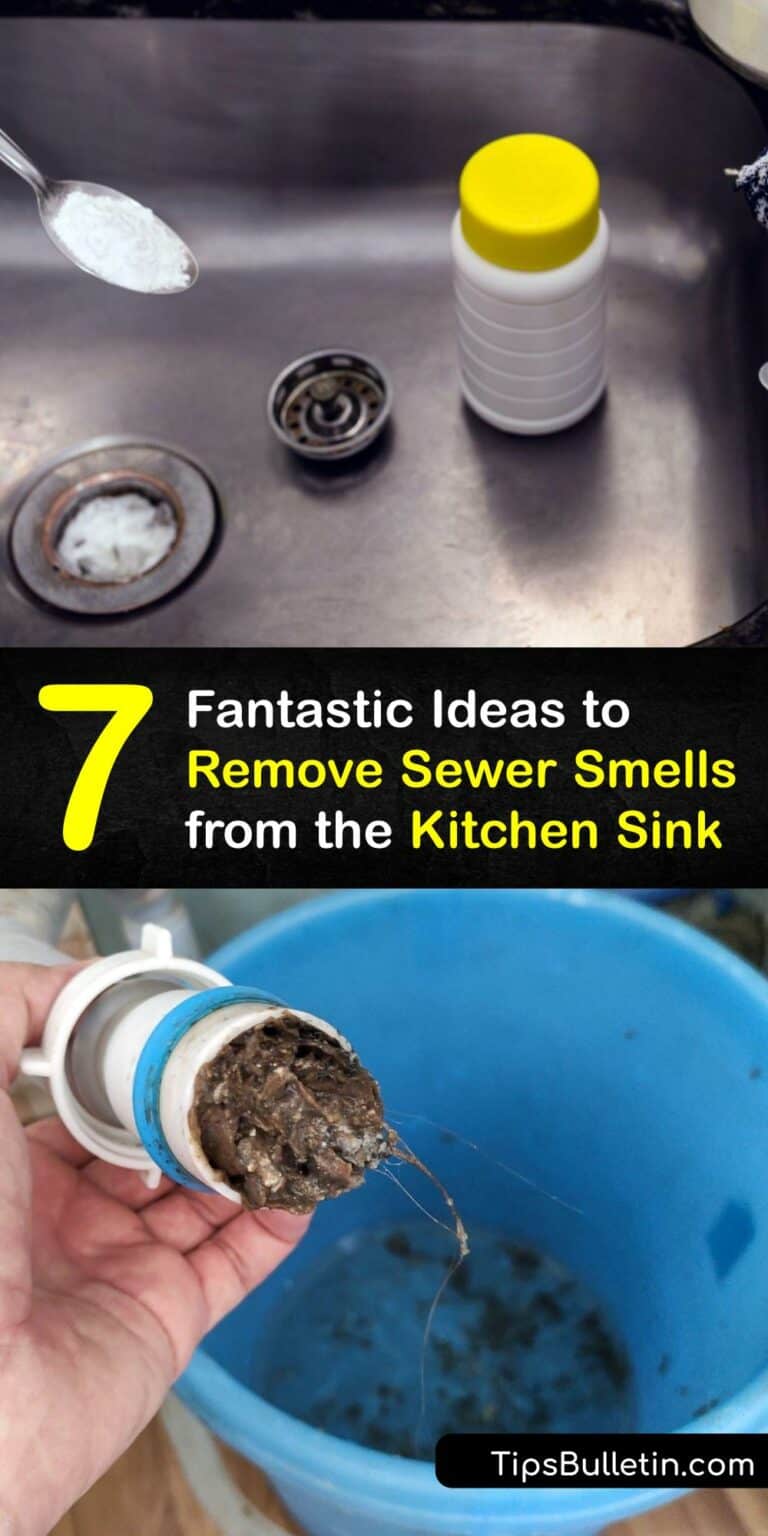
:max_bytes(150000):strip_icc():format(webp)/why-does-my-kitchen-sink-smell-like-sewage-4707719_01-2030e27351fe4c6c9e1d94145dbbe30a.jpg)

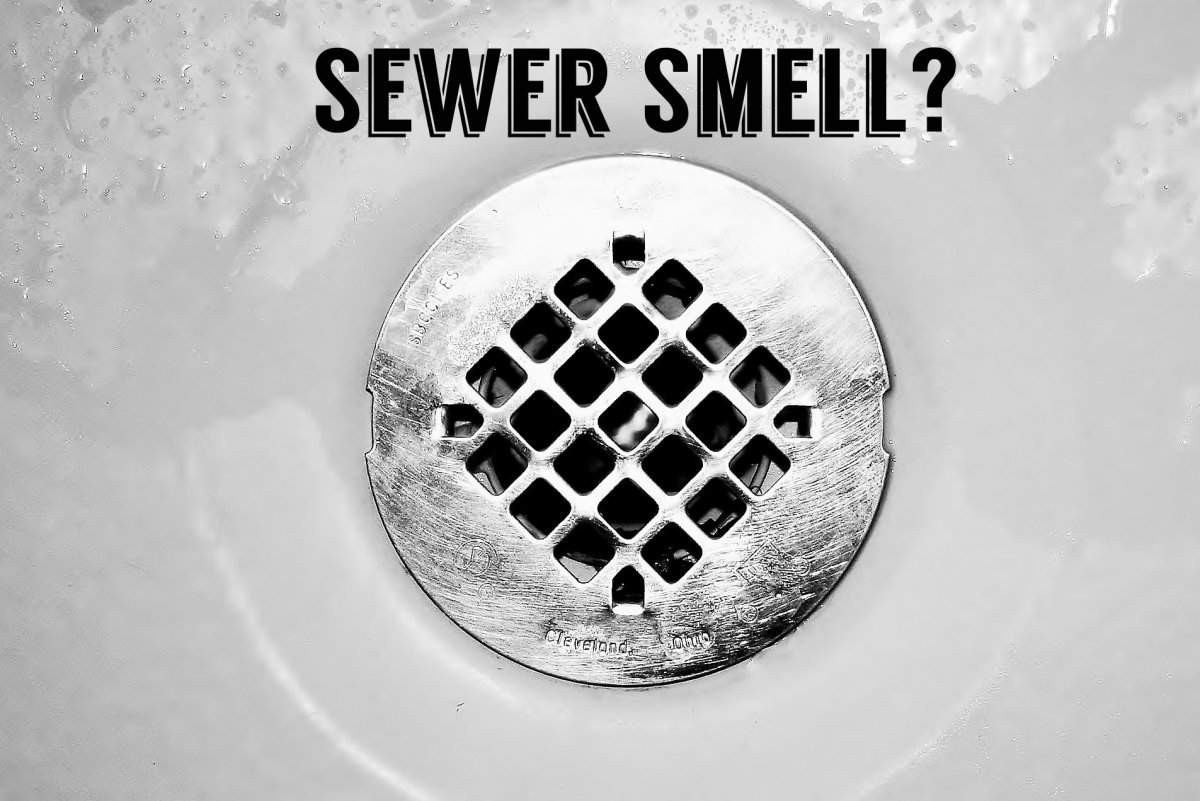









.jpg)


